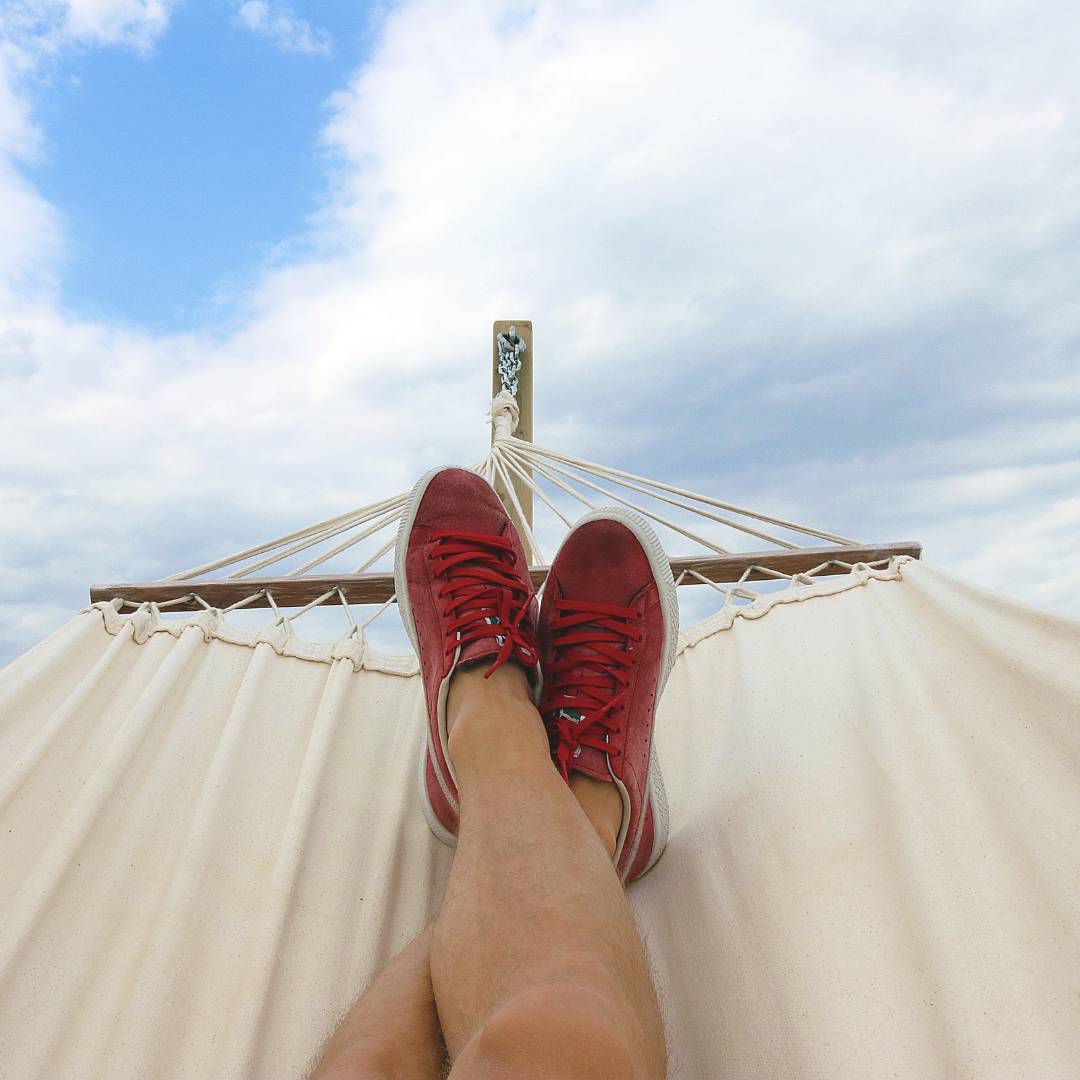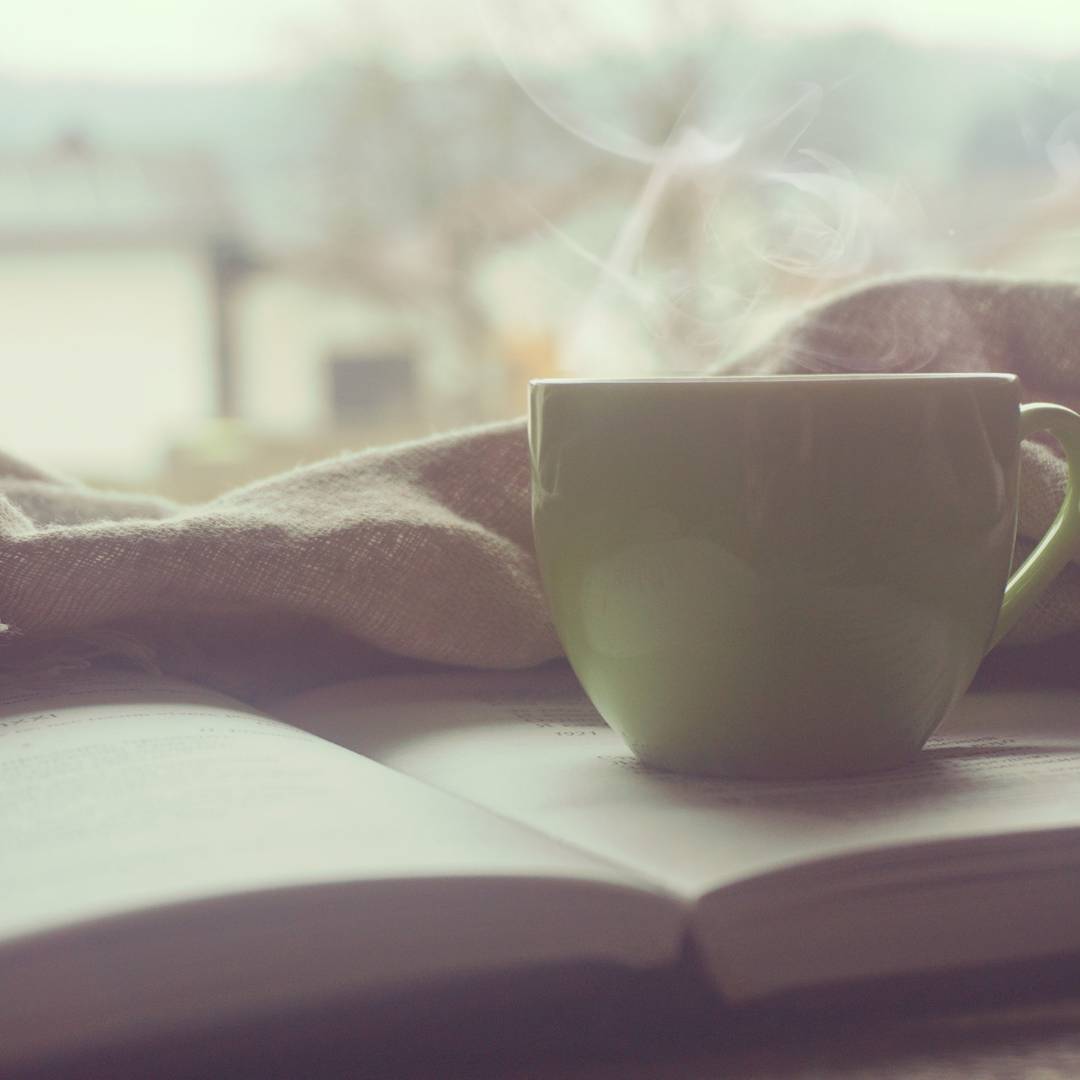Blog
Permanent link for How to Get Better at Doing Absolutely Nothing on January 6, 2021
Work, Work, Work
Whether it’s a job, college classes, volunteering, or a
combination of all three, it’s no secret that Americans love to work.
In fact, we have become so invested and focused on the hustle and
grind of everyday life that many of us hardly get a break. Taking
breaks is even frowned upon in many workplaces and academic settings.
You’ve probably heard the saying “the grind never stops” but this
concept doesn’t only apply to those in the workforce; sometimes, it
can be even harder for us as students to rest. There is always
something we should be doing. Even if we finish all of our
assignments, we are told that we should at least still be studying.
While many of us remain focused on the grind and a constant hustle,
Americans tend to suffer from extremely high rates of anxiety,
depression, and substance abuse. As college students in the U.S.,
rates of anxiety and depression have continued to increase over the
past few years and these rates have changed drastically during the
COVID-19 pandemic. In a study from Texas A&M, researchers found
that 71% of students are experiencing increased stress and anxiety due
to the COVID-19 outbreak (Son et al., 2020).
With many of us having to transition to working and learning from home, we have to ask ourselves, “what can I do to rest and take care of myself?” No, not just sleep, but rest. What do you do to unwind or disconnect from work?
How Can I Rest?
As Elizabeth Gilbert describes in Eat, Pray, Love, “Of
course, we all inevitably work too hard, then we get burned out and
have to spend the whole weekend in our pajamas, eating cereal straight
out of the box and staring at the TV in a mild coma...Americans don’t
really know how to do NOTHING.” When was the last time you were able
to press
pause on life and enjoy a cup of tea or coffee alone, or go for a
walk with no purpose, or doodle and daydream? These are the questions
we should be asking ourselves. Instead of replaying our to-do lists in
our heads 24/7, we can take some time to get better at doing
absolutely nothing. But what are the different types of rest and how
do we do it?
-
Physical rest: Sleep of course! As college
students, we tend to struggle with this (especially around finals
week). Getting enough sleep (and maintaining a healthy sleep
schedule) is so important for our mental and physical health.
Research shows while college students are rarely getting enough of
it, we need it to maintain learning and memory skills. Creating a
sleep ritual can be helpful for some people as well (
read
more). Aside from sleeping, taking breaks throughout the
day, especially with spending the day sitting at our computers, restorative
yoga or stretching breaks can help relieve physical stress.
-
Mental rest: Begin with distinguishing activities
as rest or entertainment. Does this activity allow you to relax and
recharge? Or is it just entertainment to distract you? I know how
easy and tempting it is to spend hours mindlessly scrolling through
Instagram, Tik Tok, or Twitter, but it can also be overwhelming. We
constantly have ads thrown at us and it can become mentally
exhausting comparing ourselves to others on social media. Instead,
meditation and practicing mindfulness is a great way to rest and
relax. If you struggle to meditate on your own, there are lots of
free meditation resources on YouTube or free apps like HeadSpace (P.S. students
can get a year-long
premium subscription for $9.99 instead of the usual
$69.99!). Research shows that meditation can have positive
effects on both physical and mental health (
read
more).
-
Emotional rest: It’s no secret that this year has
been emotionally draining on all of us, but you don’t need to deal
with it alone! Find a friend you can confide in or consider
counseling. GVSU’s Counseling Center offers a variety of counseling
services and resources.
-
Social rest: Take time to unplug for
just a few minutes a day. Even committing to not looking at your
phone in the first hour after you wake up may help disconnect and
let you recharge your mind. Or, take some time away from your phone
while walking to class, riding the bus, or eating. Whether you’re an
introvert or an extrovert, we can all benefit from unplugging once
in a while.
- Creative rest: Unplug and take a walk in nature or read a book you like. Mindlessly scrolling can not only take a social toll but a creative one as well (read more ). Not only does spending time in nature improve health, but it can improve creativity too!
Pressing Pause at GVSU: Rest. Relax. Refresh.
If you’re feeling overwhelmed, RecWell is here to help! This
year, we created the Press Pause campaign for all of us. We recognize
that rest looks different for everyone. The goal of Press Pause is to
provide resources and educate about the importance of rest and the
different ways we can improve our health via rest. Each month of Press
Pause will be dedicated to a different aspect of rest- and we want to
interact with you! We will be posting a series of social media and
blog posts, as well as hosting events throughout the year promoting
rest. To interact with us, make sure to follow us on Instagram at
@GVSURecWell, on our website,
and check our blog
posts! Be on the lookout for future updates, including a series of
giveaways on our social media.
Above all, make time to “press pause” like you make time for work and commit to it. As we begin nearing the end of our long (and well deserved) holiday break, we encourage you to take some time to recharge and think about how you can incorporate rest into your everyday life. It’s not always easy and it often takes a conscious and intentional commitment to do absolutely nothing, but your health and happiness will thank you later.
By: Sofia Hessler, WIT Peer Educator
Source: Effects of COVID-19 on College Students’ Mental Health in the United States: Interview Survey Study
Categories:
Rest
Posted
on
Permanent link for How to Get Better at Doing Absolutely Nothing on January 6, 2021.


